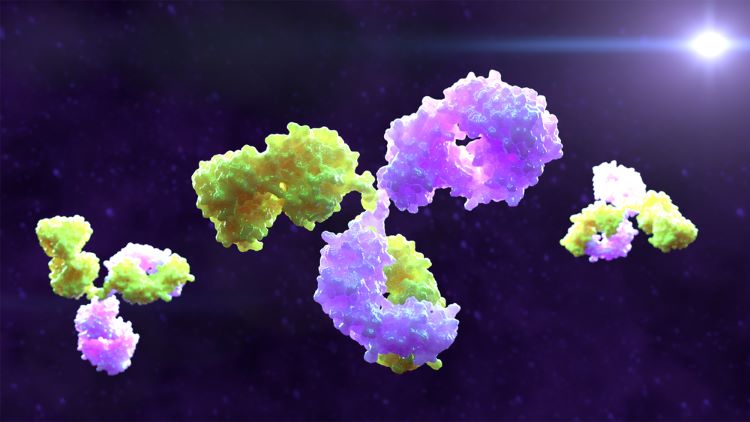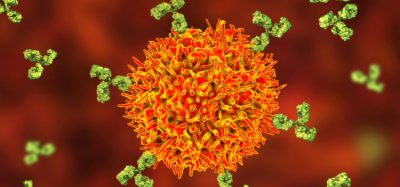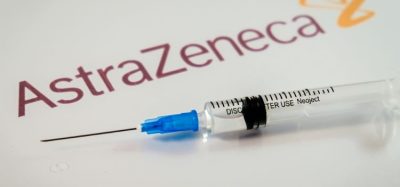FDA approves off-the-shelf bispecific antibody cancer therapy
Posted: 16 June 2023 | Catherine Eckford (European Pharmaceutical Review) | No comments yet
The US Food and Drug Administration (FDA) has approved the first bispecific antibody with a fixed-duration treatment in (R/R) diffuse large B-cell lymphoma (DLBCL).


The first and only CD20xCD3 T-cell engaging bispecific antibody (BsAb) for relapsed or refractory (R/R) diffuse large B-cell lymphoma (DLBCL) that is given for a defined period of time has been approved by the US Food and Drug Administration (FDA). Genentech’s Columvi® (glofitamab-gxbm) is indicated for adult DLBCL patients not otherwise specified or large B-cell lymphoma (LBCL) arising from follicular lymphoma, after two or more lines of systemic therapy.
As a chemotherapy-free treatment option and “off-the-shelf, fixed-duration treatment providing durable response rates, we believe Columvi could change the way this aggressive lymphoma is treated, reinforcing our dedication to bringing innovative treatment options to people with critical unmet needs,” Dr Levi Garraway, Chief Medical Officer and Head of Global Product Development noted.
Columvi offers these patients a target end date for their course of treatment and the possibility of a treatment-free period.
Unlike treat-to-progression approaches where treatment is given indefinitely until the cancer progresses or the therapy cannot be tolerated, Columvi is administered in 13 intravenous infusions over a maximum of 12 cycles (including step-up dosing) or until disease progression or the treatment cannot be tolerated, whichever occurs first.
How does Genentech’s bispecific antibody for DLBCL work?
Columvi is a CD20xCD3 T-cell engaging bispecific antibody designed with a novel 2:1 structural format.
The treatment targets both T cells, a type of immune cell, and B cells, which are cancerous in DLBCL. The antibody therapy is engineered to have one region that binds to CD3, a protein on T cells, and two regions that bind to CD20, a protein on B cells. This dual-targeting brings the T cell close to the B cell, activating the release of cancer cell-killing proteins from the T cell that result in B cell death.
What did the trial data show?
The FDA accelerated approval is based on positive results from Genentech’s Phase I/II NP30179 study.
Columvi was given as a fixed course for 8.5 months in 132 patients with DLBCL who had relapsed or were refractory to prior therapies, including about one-third (30 percent) who had received prior CAR T-cell therapy.
The study showed durable responses, with a 56 percent overall response rate, a 43 percent complete response (remission) rate, and a median duration of response of 1.5 years (18.4 months).
Data from the NP30179 study were recently published in the New England Journal of Medicine.
Related topics
Anti-Cancer Therapeutics, Antibodies, Biologics, Biopharmaceuticals, Clinical Development, Clinical Trials, Data Analysis, Drug Development, Drug Safety, Immunotherapy, Regulation & Legislation, Research & Development (R&D), t-cells, Technology, Therapeutics









